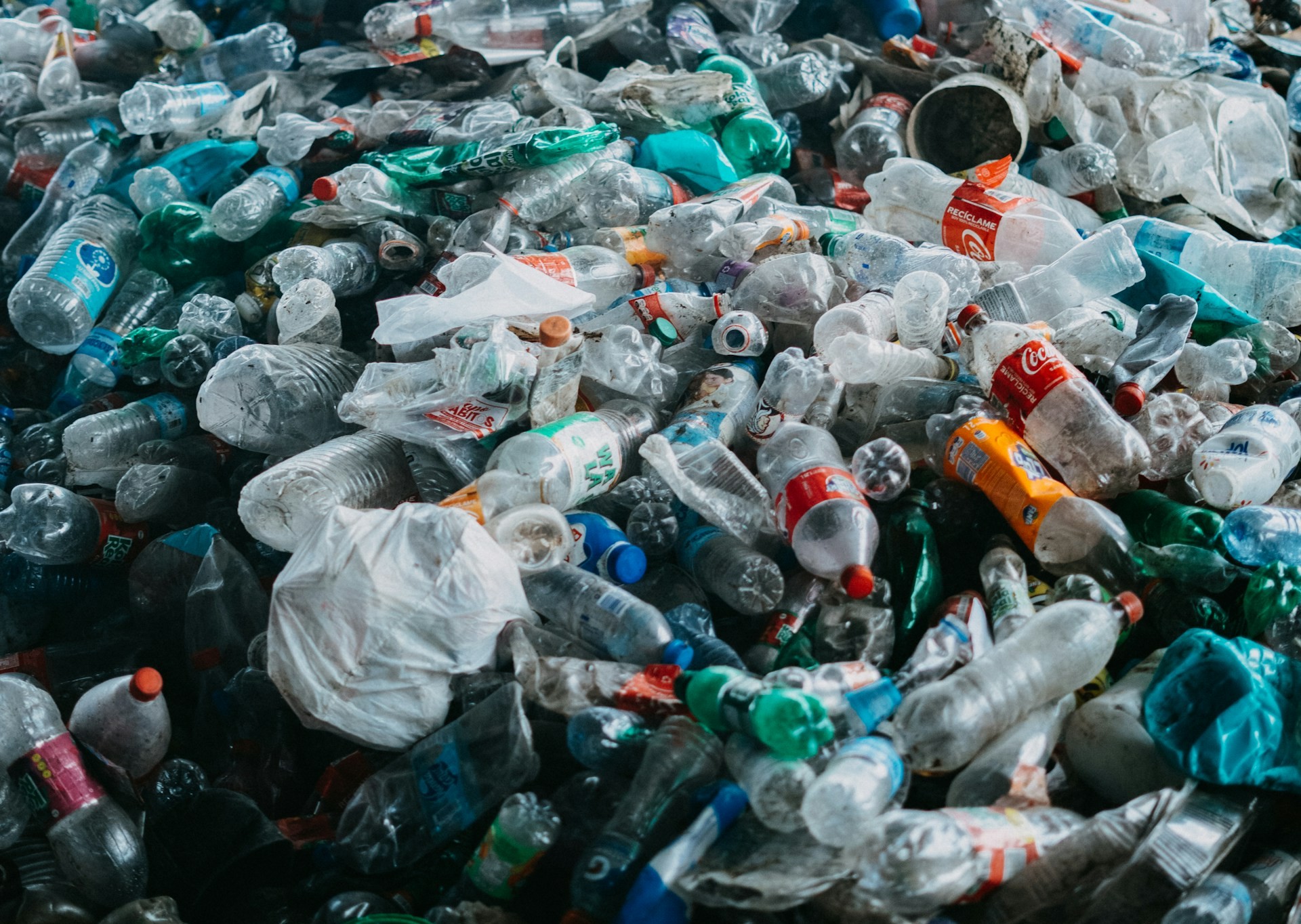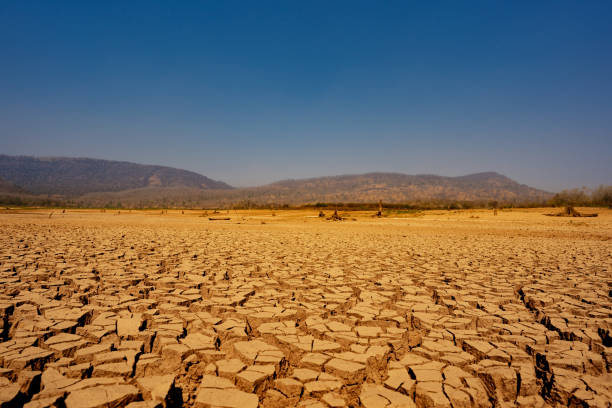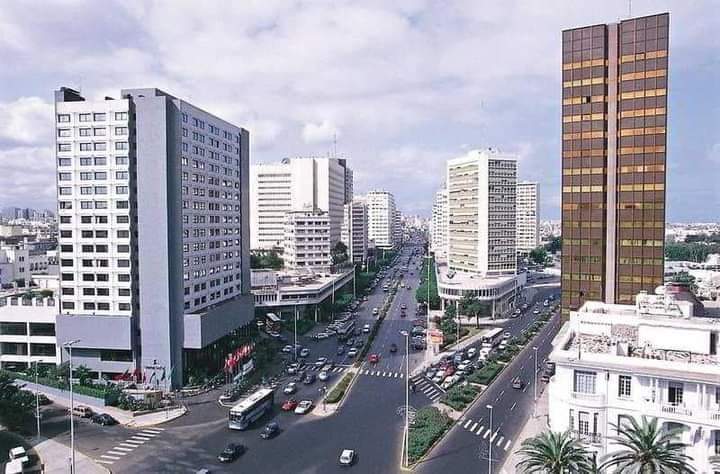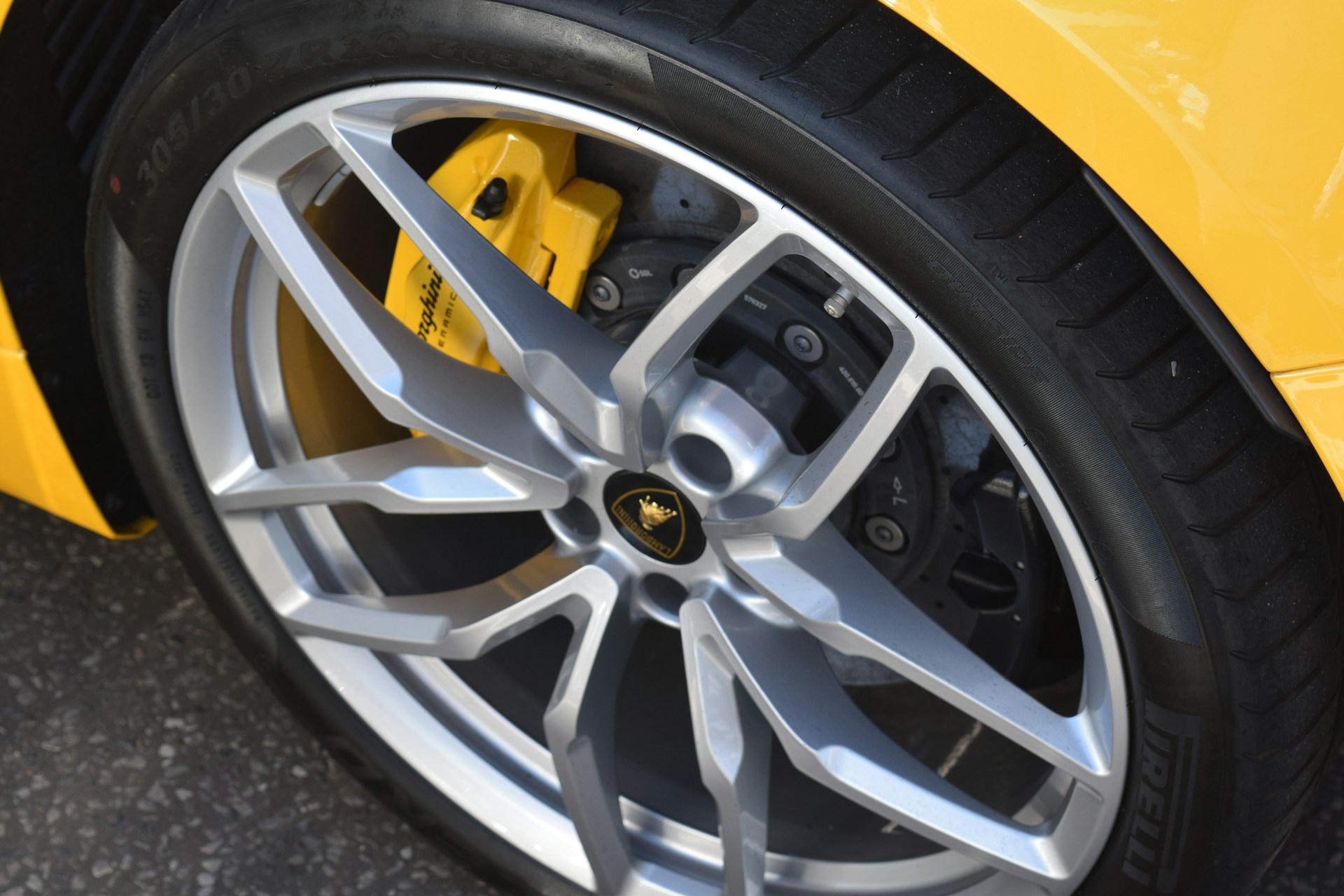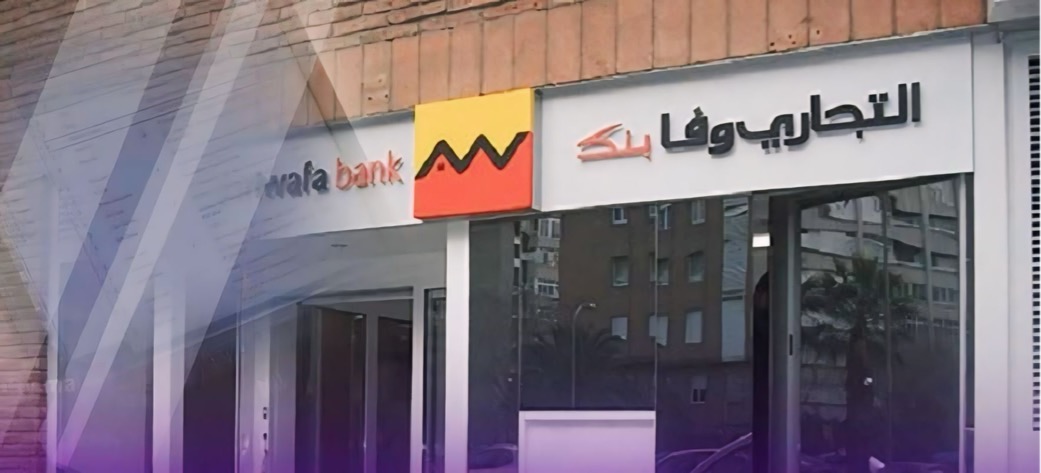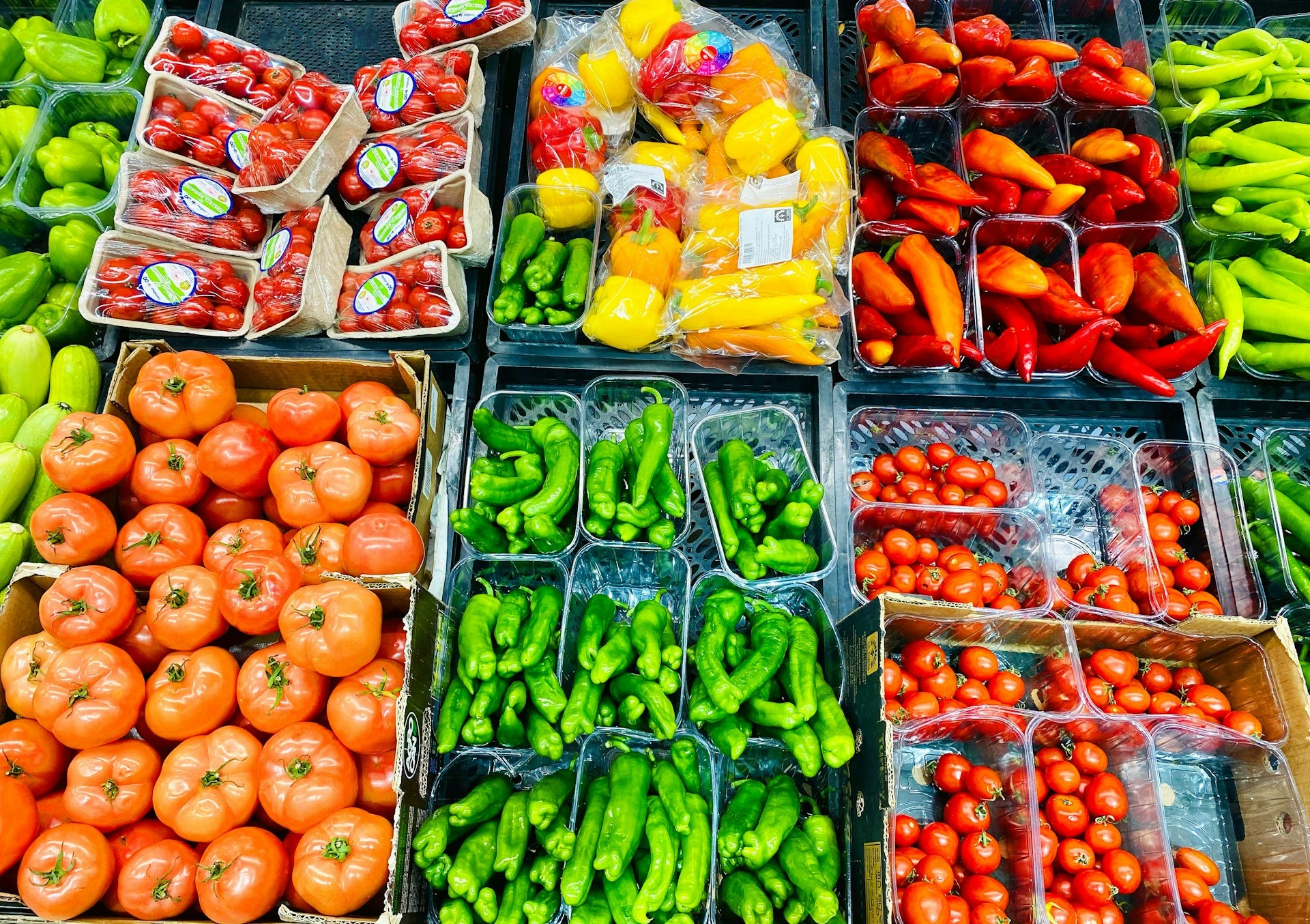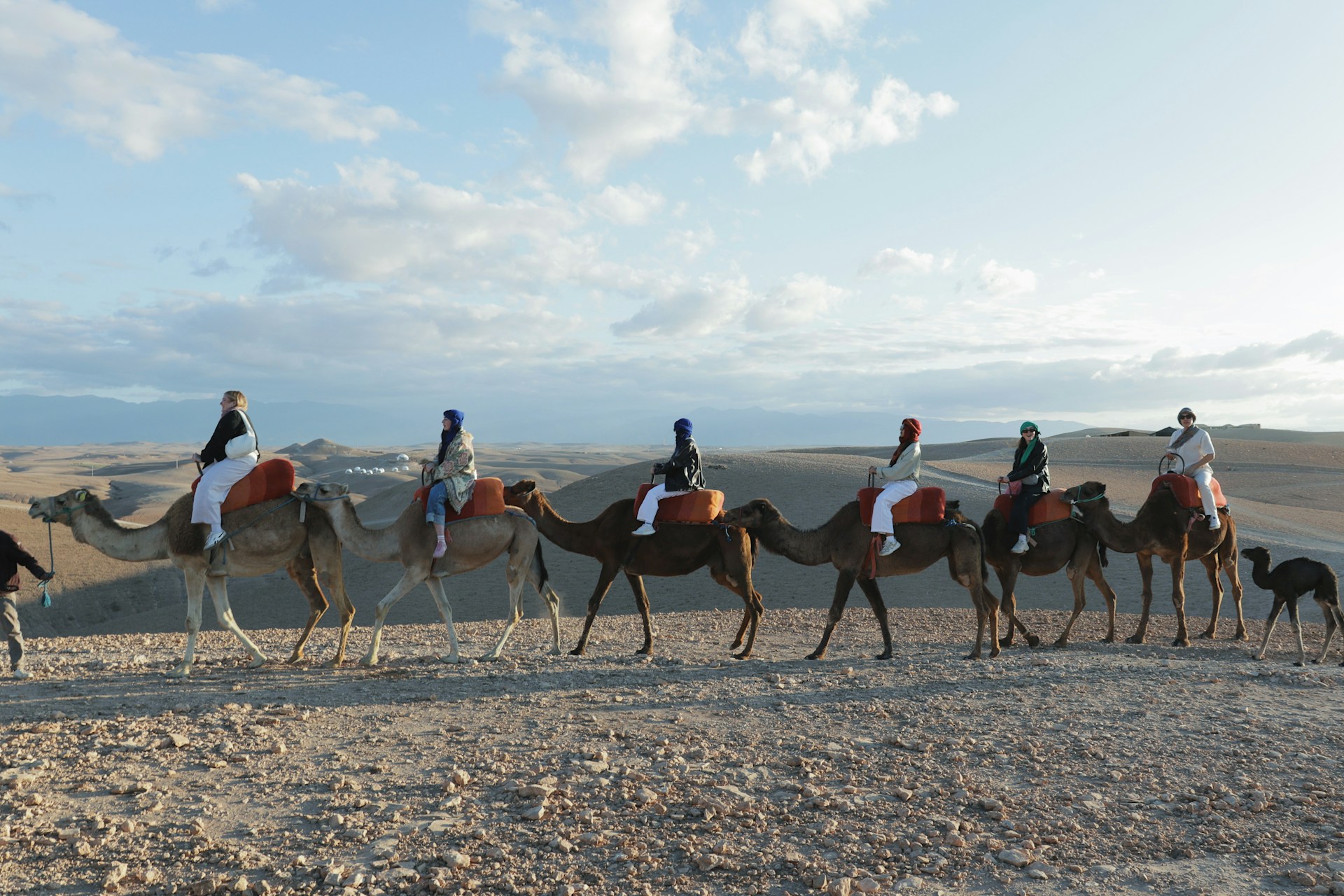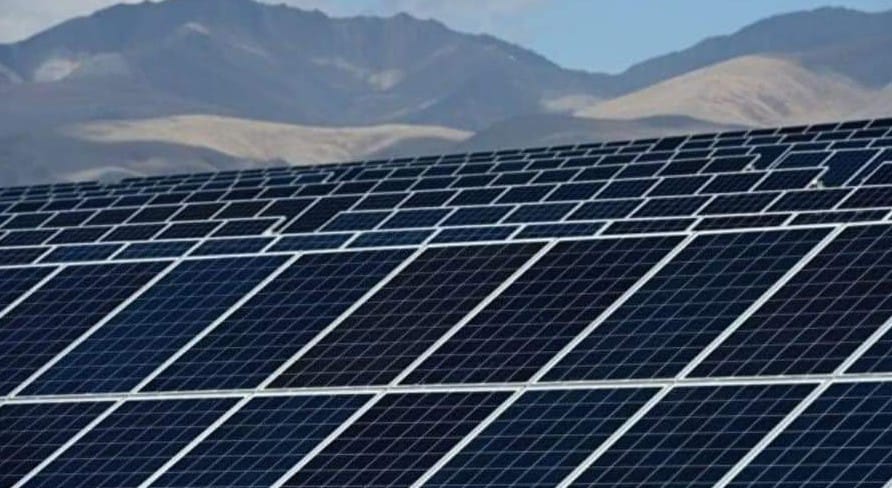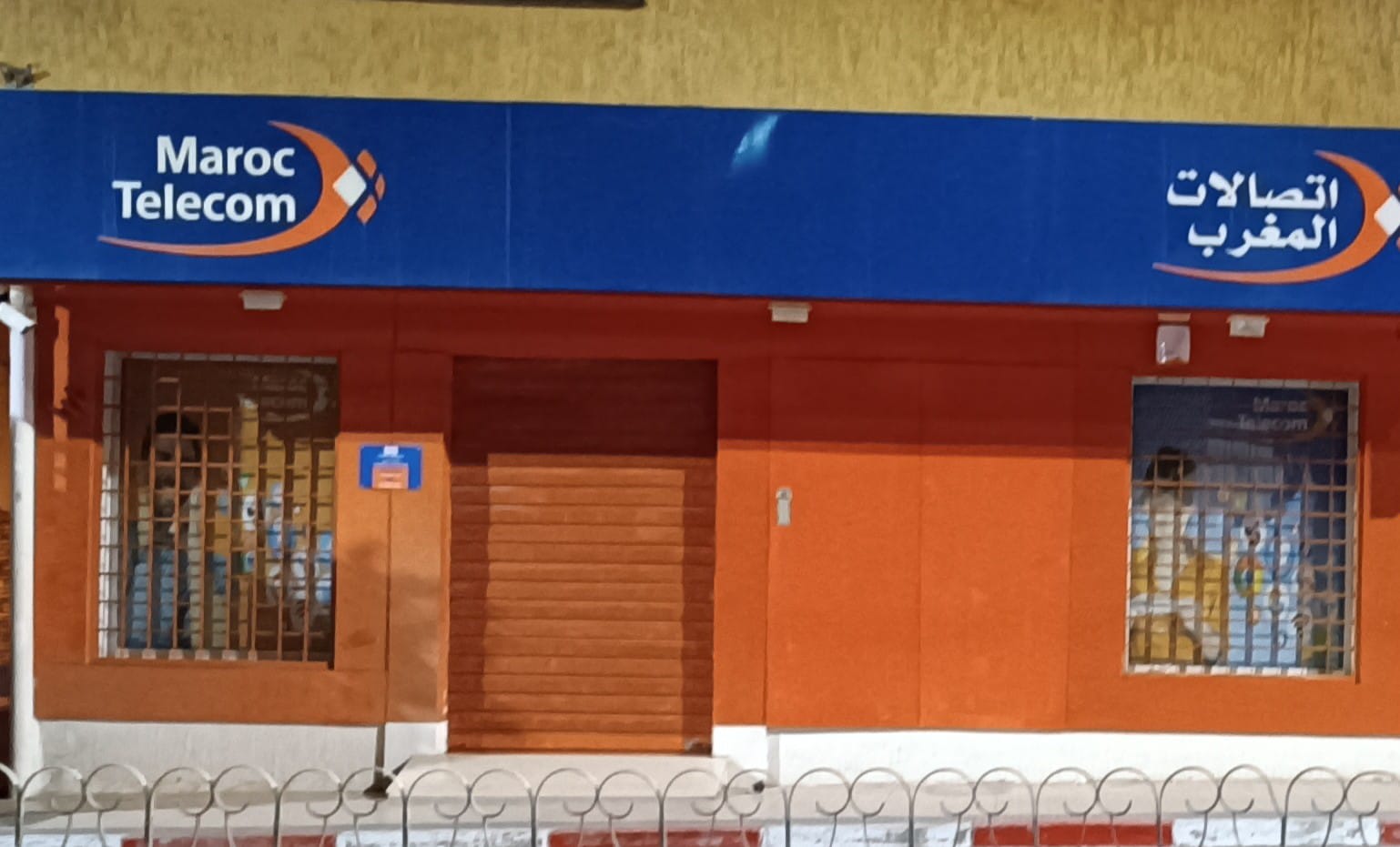Casablanca – Morocco has launched an updated National Sustainable Development Strategy for 2035, marking a decisive step toward environmental sovereignty and sustainable economic development. The plan was presented by Leila Benali, Minister of Energy Transition and Sustainable Development, who described it as a comprehensive framework aimed at harmonizing economic progress with environmental protection and social equity.
The new strategy builds on the original 2017 plan, which achieved important institutional coordination and clear sectoral planning but faced challenges such as limited local monitoring systems and outdated measures in light of evolving public policies.
Key areas of focus
The 2035 strategy is centered on six main transformation areas:
- Sustainable management of natural resources to safeguard Morocco’s environmental wealth.
- Ensuring equitable access to essential services for all citizens.
- Advancing a low-carbon green economy to reduce emissions and promote clean growth.
- Strengthening energy, water, and food security as critical pillars of resilience.
- Promoting regional justice by addressing disparities between urban and rural areas.
- Preserving cultural heritage as an integral part of sustainable development.
To implement these goals, the strategy relies on five strategic enablers:
- Human capital development through education and training.
- Digital transformation acceleration.
- Encouraging innovation in sustainability.
- Legal and fiscal framework improvements.
- Enhancing sustainable financing mechanisms.
Inclusive development and governance
The strategy was developed through an extensive consultative process involving regional forums, sector-specific and societal consultations, and a digital platform to engage citizens both inside Morocco and abroad. It draws guidance from the king’s directives, the new development model, government priorities, and the United Nations Sustainable Development Goals.
Governance of the strategy will involve a multi-tiered system, including a national committee chaired by the Prime Minister, with regional and sectoral committees responsible for coordination and execution. The strategy includes a three-year rolling budget aligned with sustainable goals and a biannual monitoring and evaluation mechanism to measure progress.
Progress in waste management as a foundation
Minister Benali highlighted Morocco’s advances in waste management between 2008 and 2022, noting:
- Waste collection coverage reached 96%.
- 67 illegal dumping sites were rehabilitated.
- 53 master plans for waste management were developed.
- Total investments amounted to over $2.16 billion, including roughly $319 million from the sustainable development sector.
The updated waste management vision for 2023–2034 aims to minimize landfill use by expanding recycling and energy recovery efforts. A key component is a partnership with the cement industry to produce Refuse Derived Fuel (RDF) from waste, promoting a circular economy approach.
This initiative is supported by a planned investment exceeding $2.16 billion, with technical assistance from the World Bank.
Strict controls on recyclable imports
The import of recyclable and recoverable materials is regulated under Law 28.00 on waste management, requiring prior notifications, contracts, financial guarantees, technical assessments, and regulatory permits. Between 2021 and 2025, 136 licenses were granted, with 111 for used tires and 25 for other materials such as plastics and textiles.
A national priority for sustainable future
Minister Benali stressed that implementing this strategy is a national priority that calls for strong collaboration across all sectors and institutions. Morocco is steadily reinforcing its role as a regional leader in sustainable development and climate action.
The 2035 strategy reinforces the country’s commitment to address climate challenges and transition toward a sustainable, low-carbon future, while improving the quality of life for all Moroccans and protecting the environment for generations to come.






